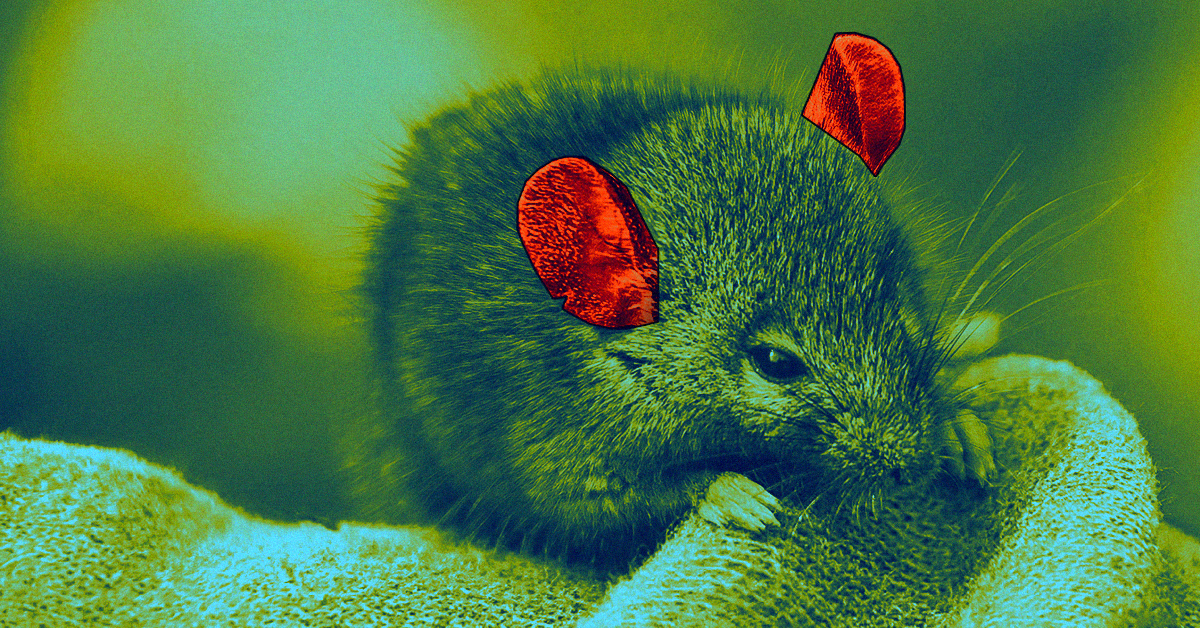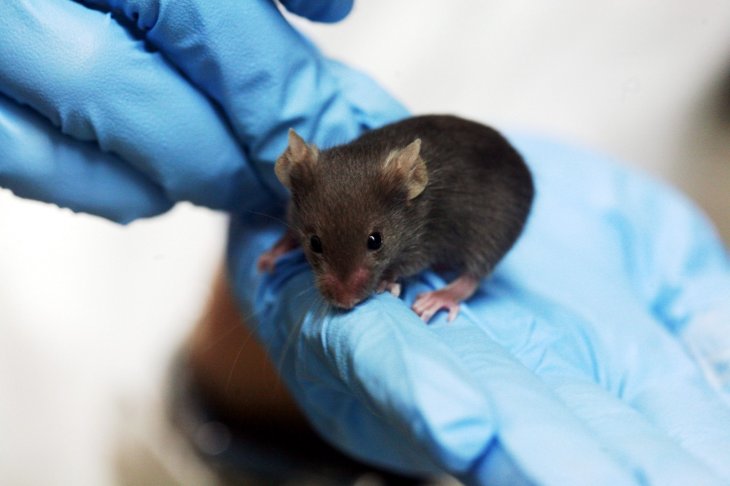Scientists Used Gene Therapy To Cure Deafness In Mice
Viswamitra Jayavant - Feb 23, 2019

A study published on the journal PNAS revealed that researchers had cured genetic deafness in mice through gene therapy. The therapy has potential for human treatments, as well.
When a person is said to have been deaf since birth. Most likely, it’s because of a fault in their genetic make-up. Medical technologies have evolved enough that doctors can aid their sense of hearing through cochlear implants. But now researchers are looking at an option to ‘cure’ genetic deafness at its basic form through gene-based treatments.
A study published in the journal PNAS confirmed that deaf mice treated with a newly-developed gene therapy had ‘rediscovered’ its hearing. These mice’s ability to hear is similar to that of healthy mice. The result of this paper is quite an optimistic news for those suffering from this previously untreatable condition.
DFNB9 Deafness
The mice in question were suffering from DFNB9 deafness. It is a type of gene-related deafness condition that affects about 2-8% of human deafness. DFNB9 deafness occurs when a certain protein called Otoferlin isn't able to do its job which is transmitting the audio information collected by the inner ear.

Researchers attempted to fix this condition by modifying the deaf mice’s genomes with biologically engineered viruses. The end result was that the mice were able to hear with acuity rivaling that of its healthy fellows.
Worth Waiting For
Even though DFNB9 deafness is present on both mice and humans. The gene therapy used is still in too early a stage to determine whether it could be used as a potential candidate for treating human patients. After all, it’s typically a very long road between animal experimentations and clinical trials.
There’s a different reason to take this treatment with a grain of salt. The published article also stated that a researcher from the University of Florida will profit from this technology if it managed to take off. So it’s in everyone’s best interest that we wait to see how this treatment will fare in future studies.
Featured Stories

Features - Jul 01, 2025
What Are The Fastest Passenger Vehicles Ever Created?

Features - Jun 25, 2025
Japan Hydrogen Breakthrough: Scientists Crack the Clean Energy Code with...

ICT News - Jun 25, 2025
AI Intimidation Tactics: CEOs Turn Flawed Technology Into Employee Fear Machine

Review - Jun 25, 2025
Windows 11 Problems: Is Microsoft's "Best" OS Actually Getting Worse?

Features - Jun 22, 2025
Telegram Founder Pavel Durov Plans to Split $14 Billion Fortune Among 106 Children

ICT News - Jun 22, 2025
Neuralink Telepathy Chip Enables Quadriplegic Rob Greiner to Control Games with...

Features - Jun 21, 2025
This Over $100 Bottle Has Nothing But Fresh Air Inside

Features - Jun 18, 2025
Best Mobile VPN Apps for Gaming 2025: Complete Guide

Features - Jun 18, 2025
A Math Formula Tells Us How Long Everything Will Live

Features - Jun 16, 2025
Comments
Sort by Newest | Popular